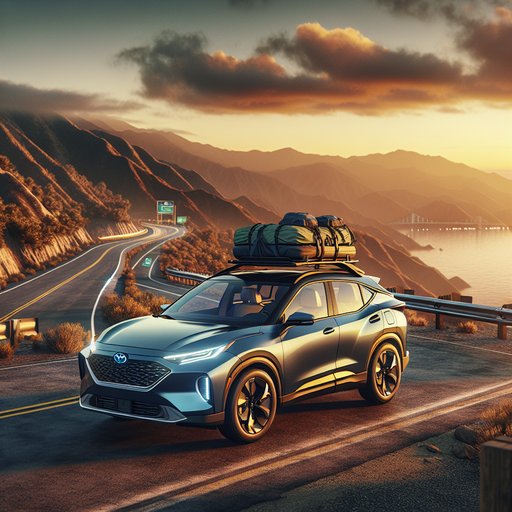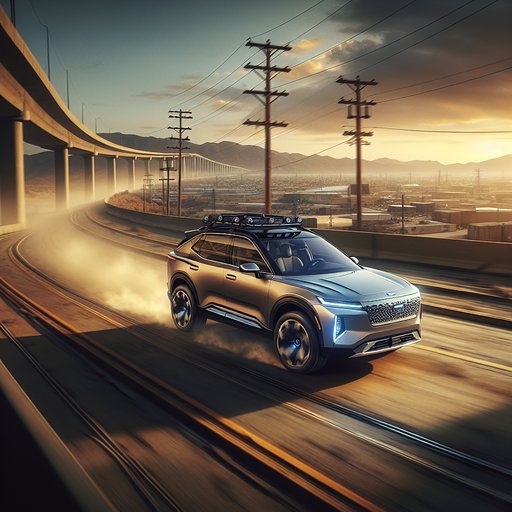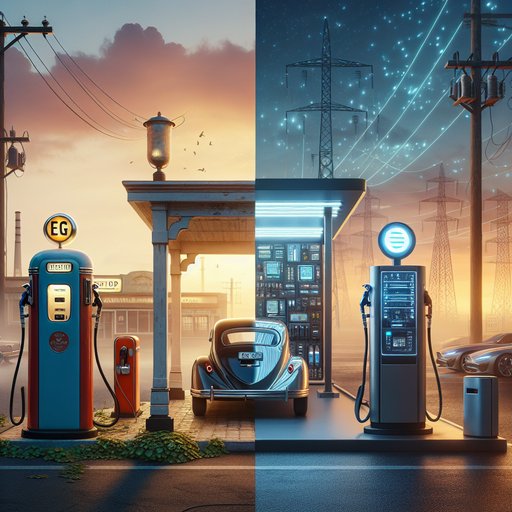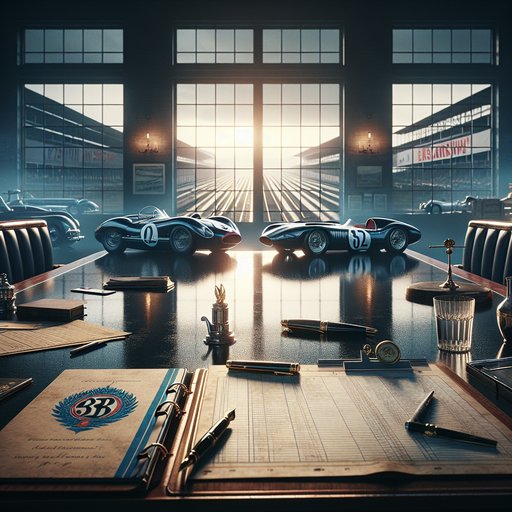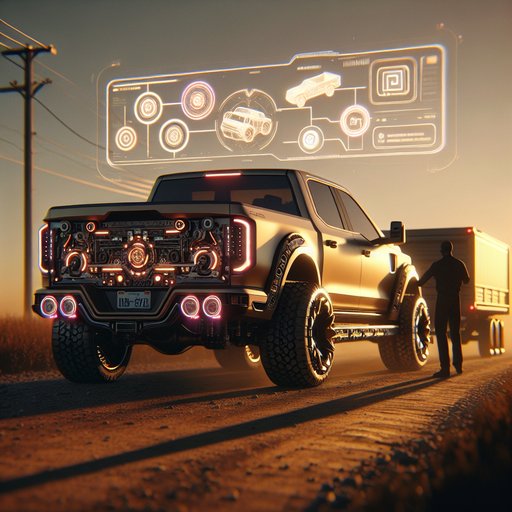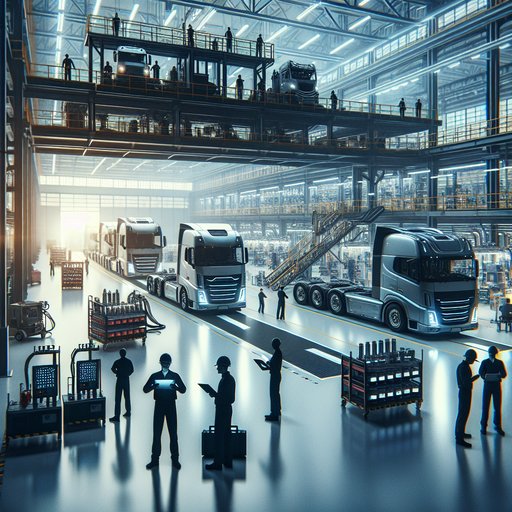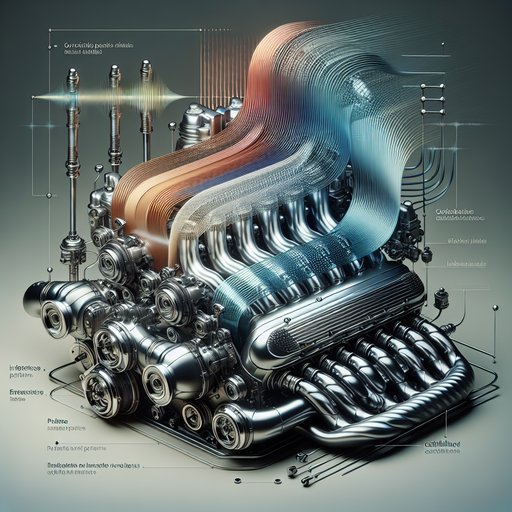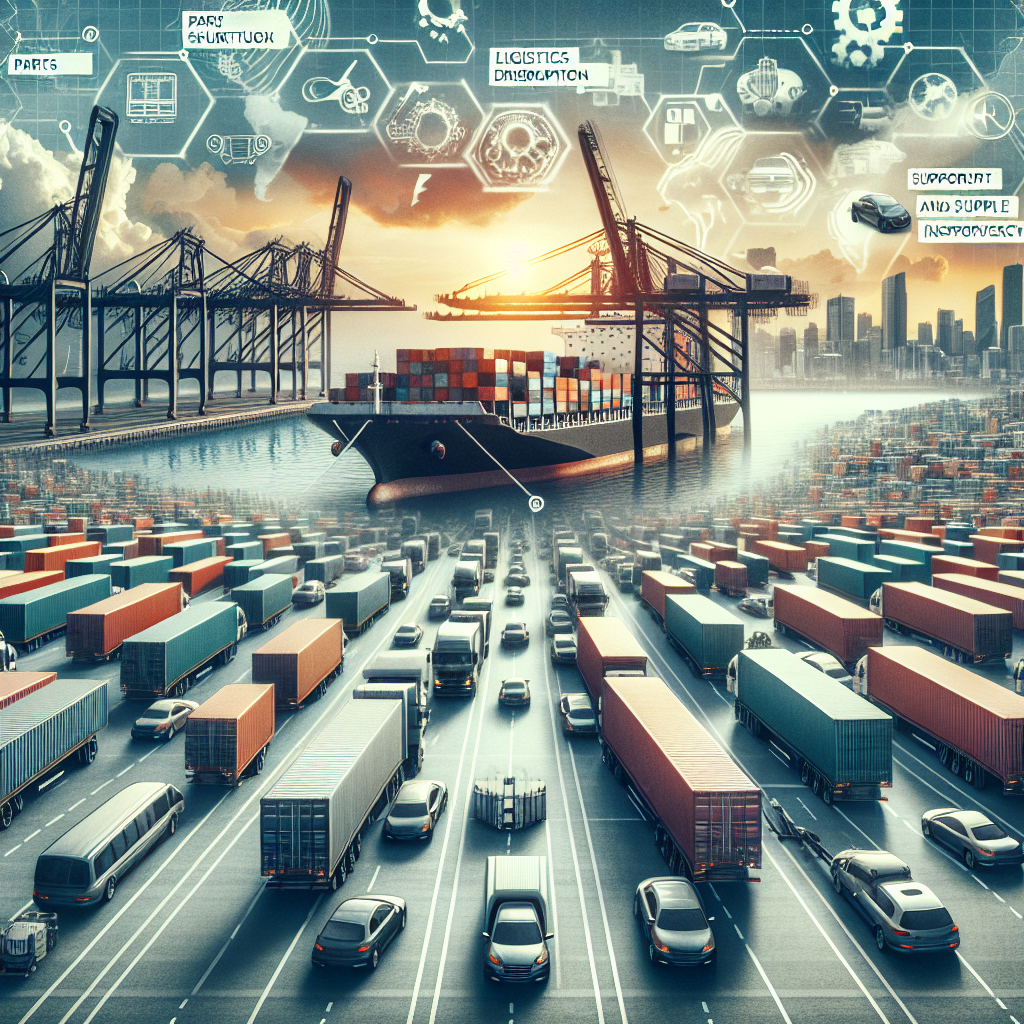
The automotive industry is grappling with several simultaneous disruptions to its supply chain, from cybersecurity incidents to supplier bankruptcies, while stakeholders work to maintain production and plan for a more sustainable future. These challenges are testing the resilience of global automotive manufacturing networks and prompting calls for modernization of supply chain infrastructure.
A significant blow to the automotive supply chain came as First Brands, the parent company of Fram Filters, filed for Chapter 11 bankruptcy protection. The company, which produces essential automotive components including filters, wipers, and other maintenance parts, made this announcement as it seeks to restructure its operations while continuing to serve its customers [1].
Adding to the industry's challenges, Jaguar Land Rover (JLR) recently experienced a major disruption when a cyberattack forced a temporary halt to its global production operations. While the company has begun restarting its manufacturing activities, the incident highlighted the vulnerability of modern automotive supply chains to digital threats [2].
The U.S. automotive sector faces additional uncertainty due to the potential impact of a government shutdown, which could affect various aspects of the industry's operations and regulatory processes [3].
On a more positive note, major logistics and transport companies are pushing for progressive change in the industry. A coalition of leading companies, including PepsiCo, Nestlé, and IKEA, has called on EU leadership to establish zero-emission targets for deliveries, demonstrating a commitment to sustainable supply chain practices [4].
- Parent Company Behind Fram Filters Files for Chapter 11 Bankruptcy
- After a Cyberattack Brought JLR to a Halt, Production Is Restarting
- Government Shutdown Chaos: Why America’s Auto Industry Could Be Brought to Its Knees
- Logistics Giants, Transport Companies, & Power Sector Call on President von der Leyen to Set Zero Emission Targets for Clean Deliveries

